When you want to preserve some food, your first instinct is probably to put it in the fridge. Well, that’s not always the best option as it turns out. Here are some foods that you should never put in the refrigerator.
Avocados
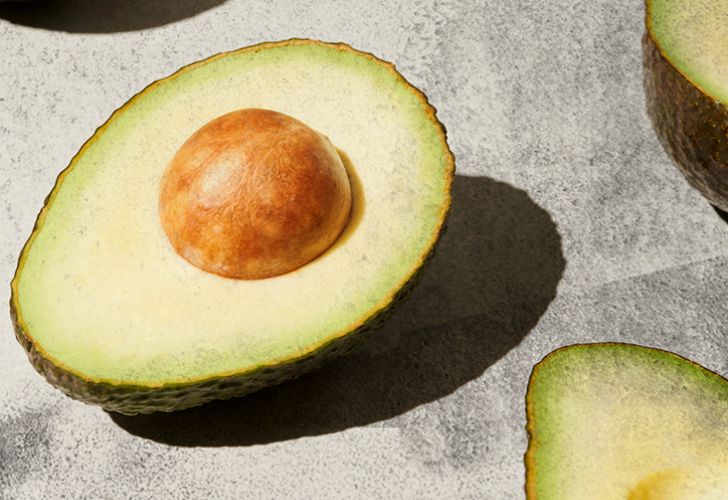
Avocados are tricky fruits to manage, but never keep them in the fridge. It halts their ripening process, so make sure to store them at room temperature. But if they’re already ripe, then you should make sure to use them immediately. If you want to ripen an avocado a little faster, put it in a paper bag for a few days with a banana or an apple. They release ethylene gas which causes the avocados to ripen more quickly.
Donuts

Freshly baked or otherwise, make sure to keep your donuts out of the fridge. The cold makes them stale and soggy. If you have too many, it’s always best to keep them at room temperature. Although, make sure they’re covered or in a sealed container of some kind. But, regardless, you should only keep a freshly-baked donut around for two days at the most before throwing it out.
Aged Cheese
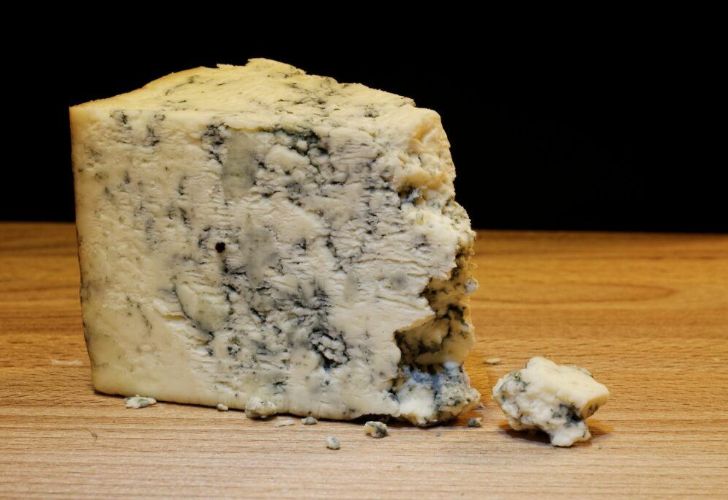
You may put American or cheddar cheese in the fridge, but don’t do that to aged cheeses. The cold just makes it turn as hard as a rock. Aged cheese undergoes a curing process that takes six months. So it has a different reaction to the cold in comparison to other cheeses.
Potatoes
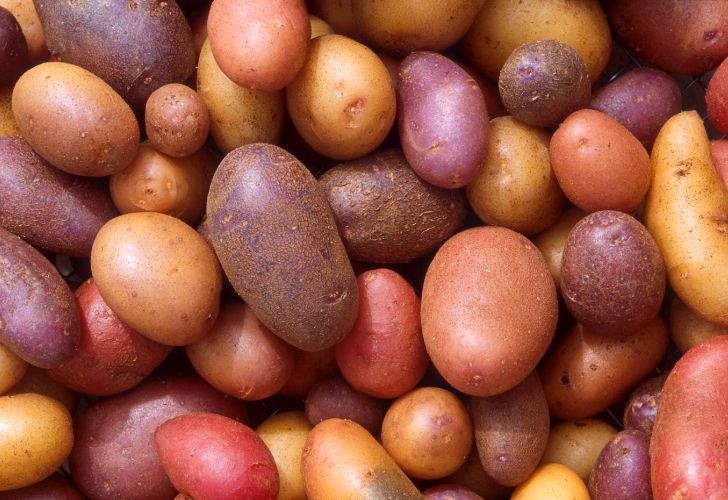
Putting a potato in the fridge will quickly turn its starches into gooey sugar. A cooked or baked potato should be kept in the fridge, but they are best preserved before usage at room temperature.
Sealed Tuna

Tuna’s a fish, but that doesn’t mean it should be stored in a fridge. At least in regards to sealed tuna cans. But it should be stored in a cupboard at room temperature. After it’s been opened, you should put it in the fridge, but the seal keeps it fresh in the meantime.
Garlic
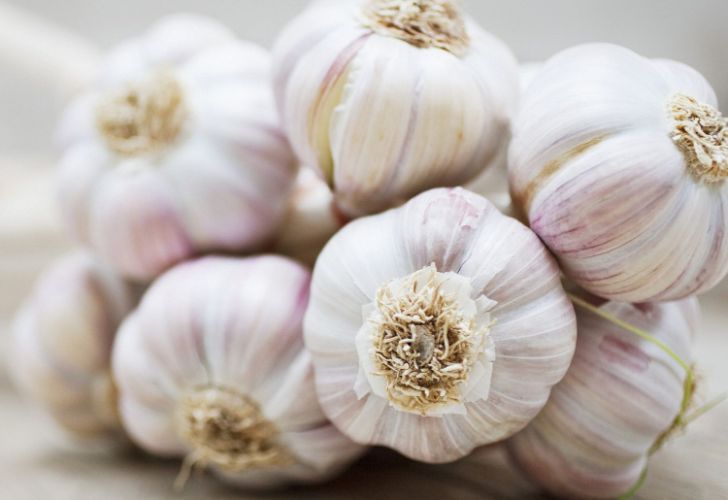
Full garlic bulbs should be stored in pantries, in some kind of ventilated container. If they’re in an airtight container, they’ll quickly mold. Stored properly, it will be good for months. But once you break the head of the clove, you should make sure to use all the cloves within ten days.
Onions
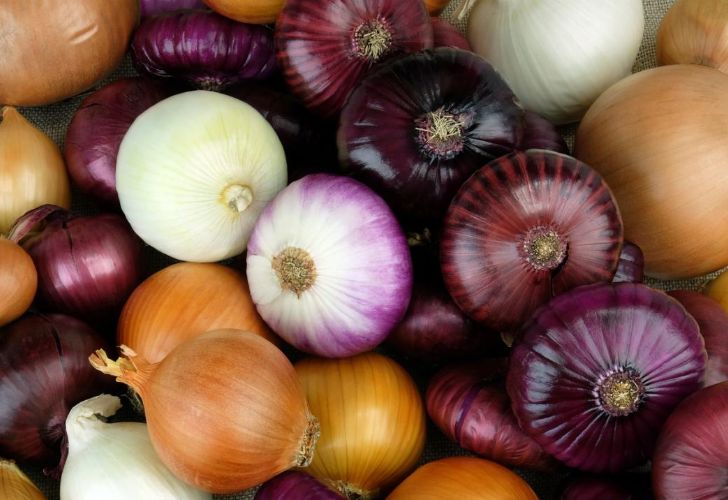
Uncut onion bulbs should also be kept away from the fridge. They get moldy and mushy from the humidity. Not to mention ,the cold chills the starches inside and converts them into sugar. Being kept in a fridge long enough, the onions could even liquify. Just make sure the onions are stored in a dry, well-ventilated area.
Eggs
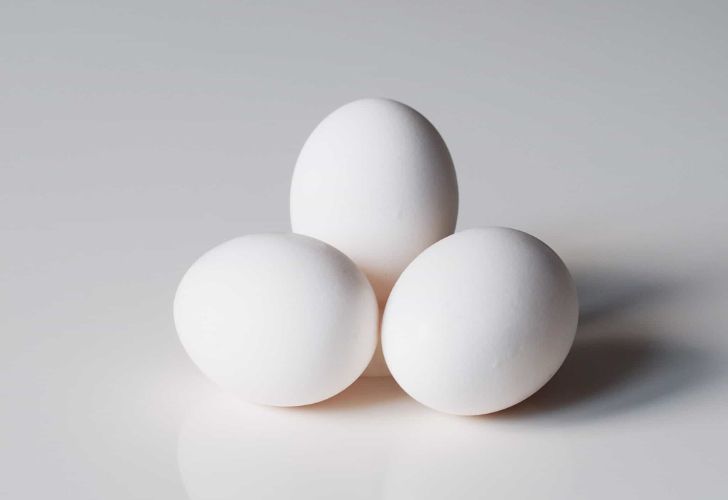
You might be surprised to find out that you shouldn’t put eggs in the fridge. Well, it actually depends on where you get them from. If you find them in the cold section of the store, refrigerate them. If you don’t, don’t refrigerate them. You can put them in the fridge, but a fresh, free-range egg should found at room temperature should last for at least a week.
Coffee

It’s probably not that surprising to hear that you shouldn’t refrigerate coffee or coffee beans. But now you’ll at least learn why. Fridges are too humid and makes your coffee tasteless and less aromatic. The only reason you’d even consider putting it in the freezer is if you don’t expect to use it right away.
Honey

Putting honey in the fridge will just make it crystallize and turn into a clumpy mess. Just make sure to not store it in any extreme temperatures. Technically, honey never expires. It’ll reach a point where the color and consistency changes, but its high sugar content prevents bacteria from growing. That is, as long as its stored properly.
Melons
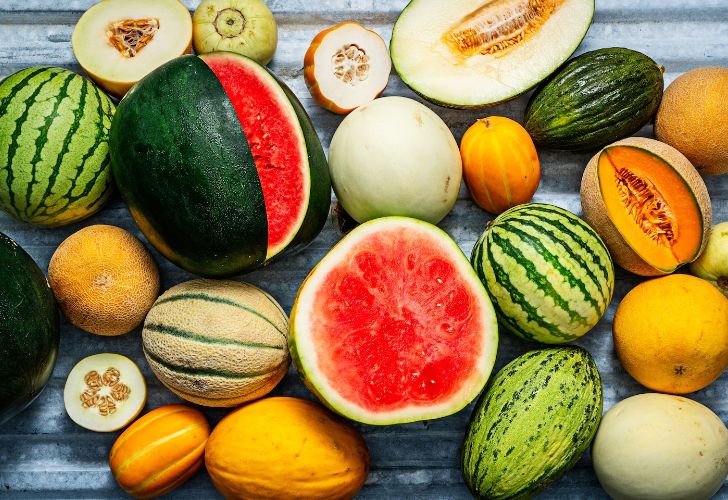
Melons are at their best at room temperature. It’s when they’re the sweetest and most juicy. And that’s for all melons, such as watermelons, cantaloupes, and honeydews. Being at room temperature actually helps melons keep their antioxidants intact and retain more nutrients overall. Once you cut the melon you can cling wrap it and store it in a fridge. A cut melon only lasts for around three days.
Basil
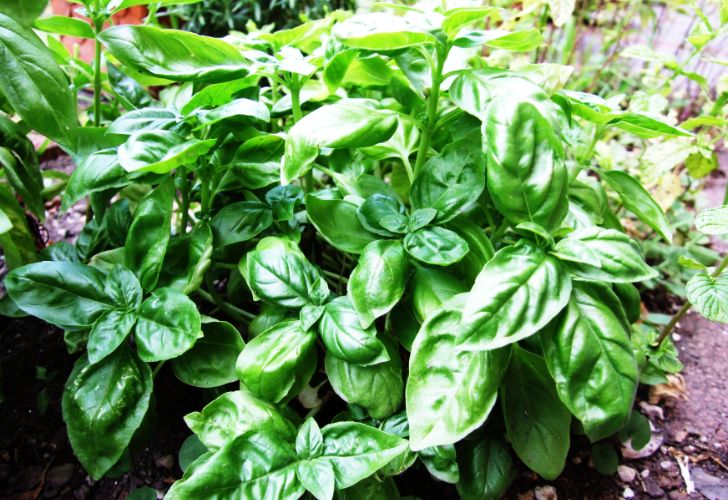
Putting basil in the fridge quickly causes to to deteriorate into a wilted, brown mess. Some other herbs like parsley and cilantro do well in the cold, but not basil. To keep it fresh, try just trimming the stems and placing them in a glass of water, like with flowers.
Peanut Butter
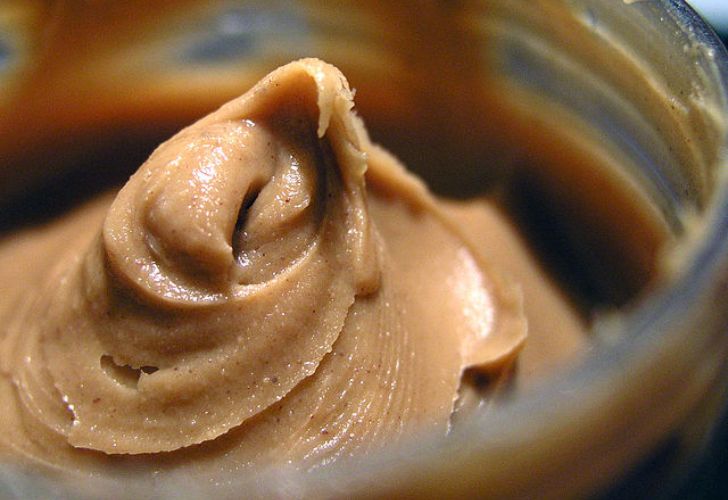
Nobody likes solid peanut butter that won’t spread. There’s no reason to keep it in your fridge, which just dries it out and hardens it. Natural peanut butter is best kept in the fridge, but if you don’t see a label telling you to put it there, it’s best to just leave it in the pantry.
Olive Oil
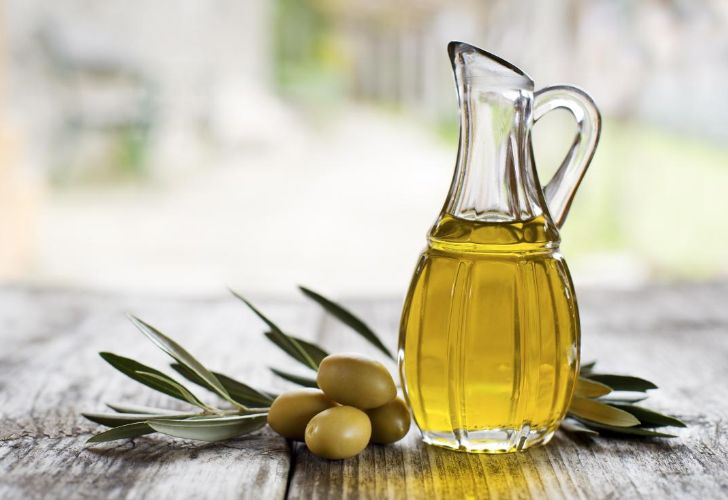
The condensation of a fridge can heavily influence the flavor of your olive oil. It also makes it become cloudy and solidify over time. Try putting it in a cool, dark cupboard instead, if anything. That will keep it good for at least a year. And if it’s unopened that time doubles. If the consistency’s changing cause you put it in the fridge, just take it out. It should change back to normal soon after entering room temperature.
Pickles
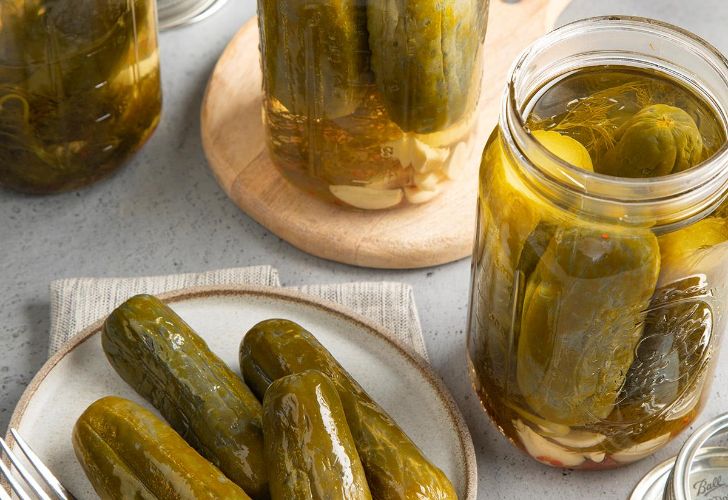
If you find and purchase pickles in the refrigerated section of the store, then feel free to store them there. But pickles really don’t need to be refrigerated under normal circumstances. The high salt and vinegar contents in the jars is strong enough to ward off harmful bacteria and micro-organisms. Pickling is actually a preservation method to begin with. They’ll stay good for a long time.
Vinegar
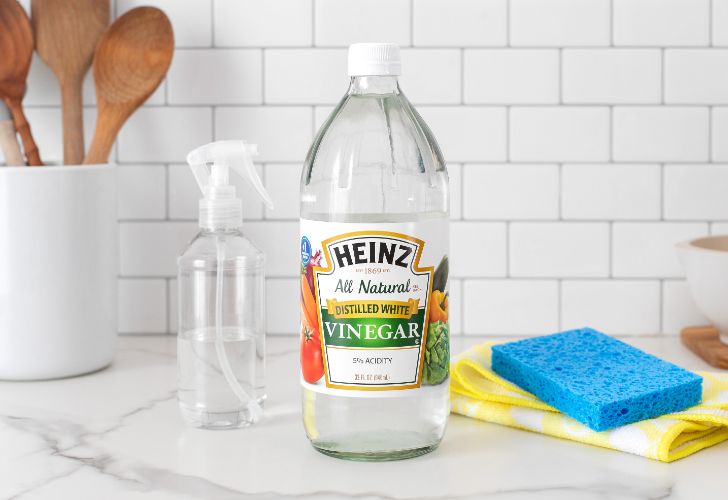
Some foods can just preserve themselves. One of those things is vinegar. It’s recommended you store vinegar in cool, dark places out of direct sunlight. Although, that only goes for plain vinegar. Other condiments like vinaigrettes likely require refrigeration.
Ketchup
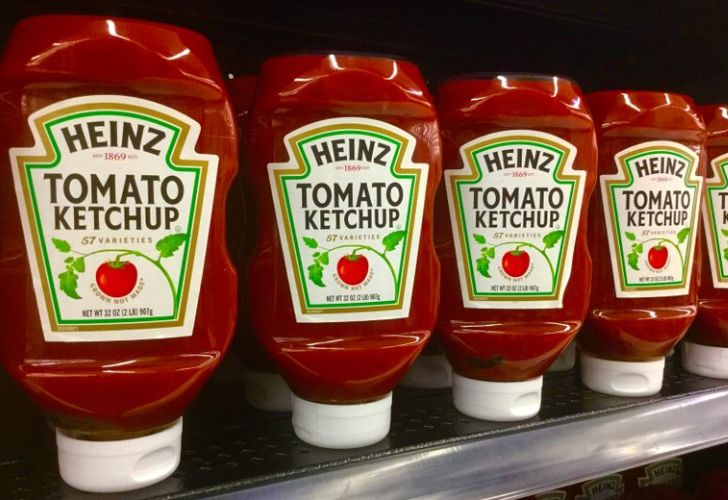
Ketchup doesn’t actually need to be refrigerated. Because of its natural acidity, it’s inhospitable for microorganisms. Most people actually claim it tastes better at room temperature. Of course, if you leave in a warmer climate, it might be a better idea to refrigerate it after opening. Especially if you don’t use it all the time. That increases its longevity.
Mustard

Ketchup and mustard aren’t the same, but the worries about storing them in the fridge should be. It also has a high acidity and is good at preserving itself. Restaurants don’t refrigerate their mustard. So you shouldn’t feel the need to either. Not unless you prefer your mustard chilled.
Tomatoes
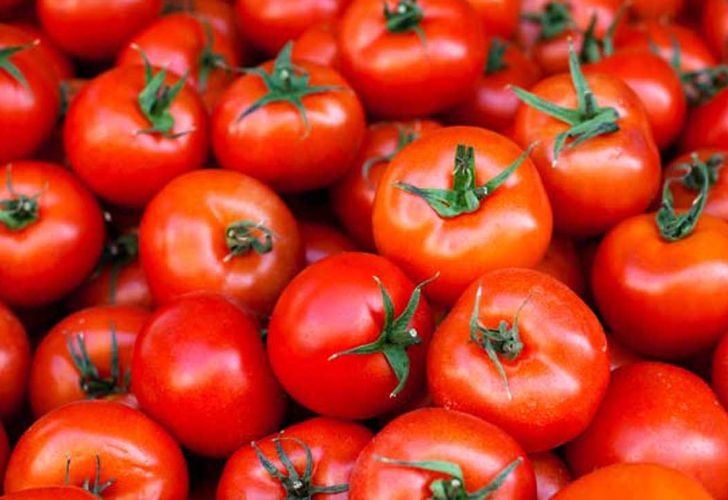
If ketchup can handle being out of the fridge, it shouldn’t be too surprising that tomatoes can too. Exposing them to cold temperatures actually damages the flavor-enhancing cells. Researchers are looking to genetically modify tomatoes to prevent this, but for now, just keep them out of the fridge. A window sill is a particularly good place to put any unripe tomatoes you may have.
Nuts And Dried Fruit
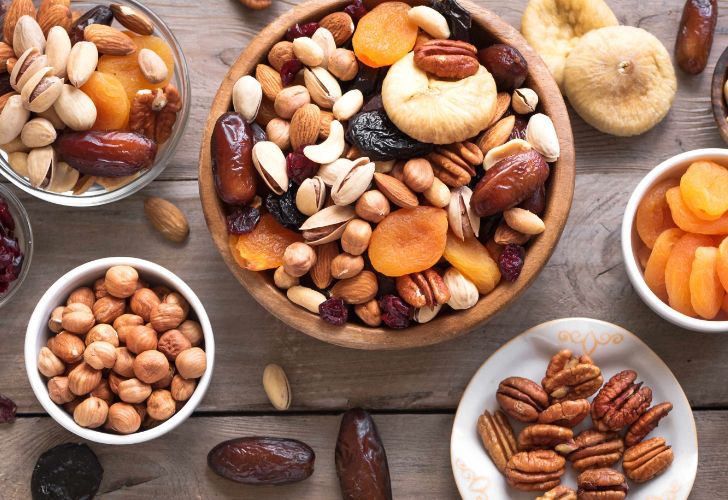
You probably weren’t put nuts or dried fruit in the fridge already. Well, don’t start now. The colder temperatures smother the flavor of nuts and make dried foods firm and tasteless. Keep them in an airtight container instead. Nuts, in particular, can absorb the odor of things near them, so it’s important to keep them separate from anything else to prevent conflicting flavors.
Bananas
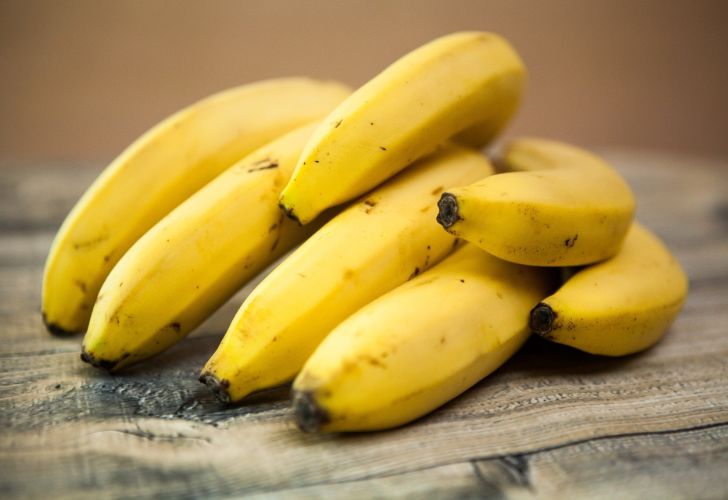
Whether or not you put a banana in the fridge depends on its ripened state. Unripe ones should be kept out of the fridge. Ones that are already ripe can be put in the fridge to stop them from over-ripening. But make sure to keep them away from other fruits and vegetables. They emit a gas that makes other things smell and taste like them.
Chocolate

Keeping chocolate in the fridge, especially if it hasn’t melted, damages it and ruins its taste and texture. This phenomena is called sugar bloom. It appears as though little blooms have appeared on the surface of the chocolate, which makes it grainy and gritty.
Bread
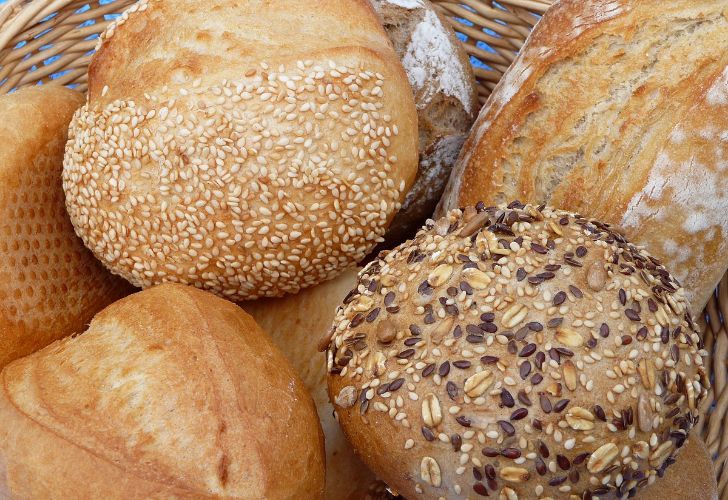
It’s never recommended to keep bread refrigerated. It dries it out and quickly makes it stale. Pre-sliced bread will stay fresh for at least a week when kept in room temperature. Just make sure that the packaging is sealed. If you have too much to eat, you can freeze what you don’t eat and unthaw it later.
Cucumber
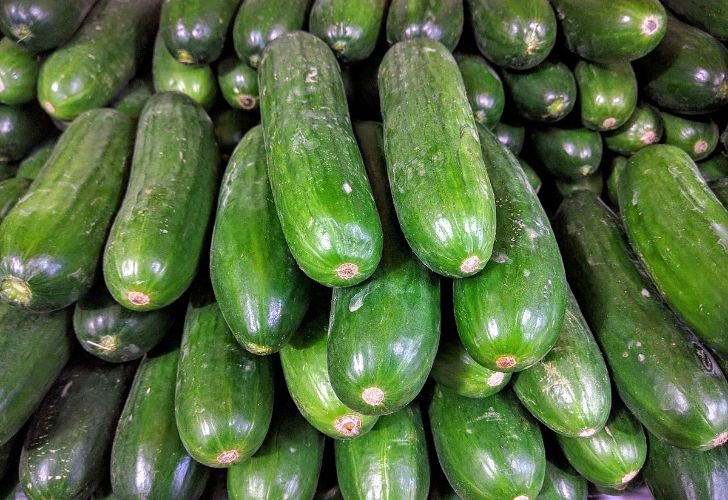
Cucumbers are at their best and tastiest when stored at room temperature. A study at the University of California helped prove it. Storing them at a temperature lower than 50 degrees was revealed to actually damage the cucumber. Just keep them in the pantry and they’ll have a longer life expectancy and maintain their flavor longer.
Spices
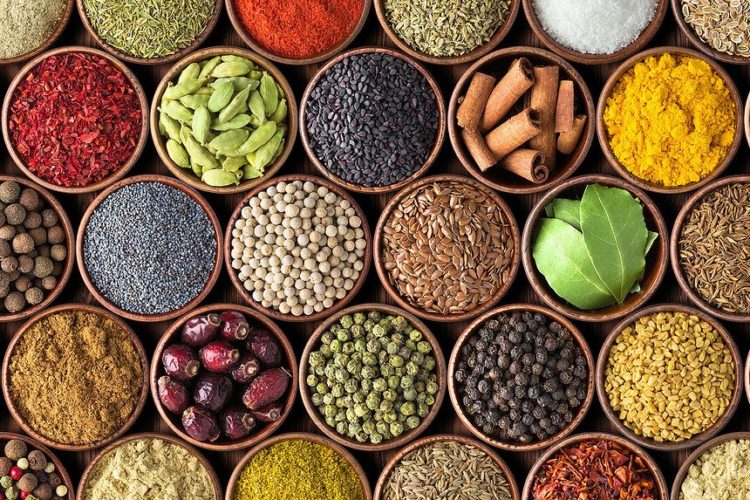
It’s always awful when spices lose their flavor and clump together. So don’t put them in the fridge. Most of them are held in dry storage for years anyway. They’re far more potent and taste much better when just stored at room temperature on a spice rack.
Sponsored Content





